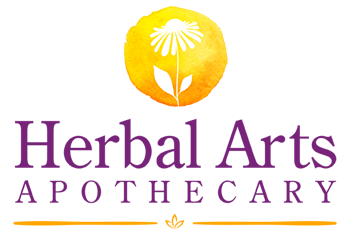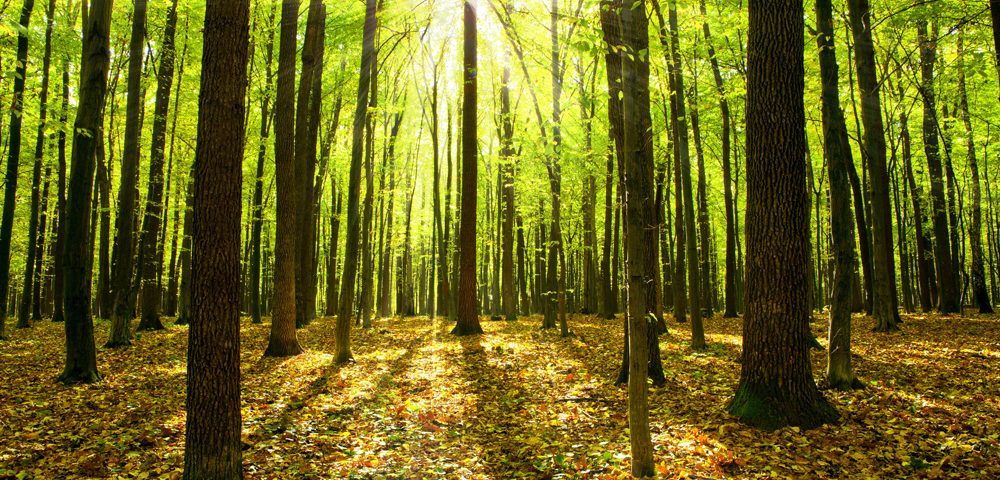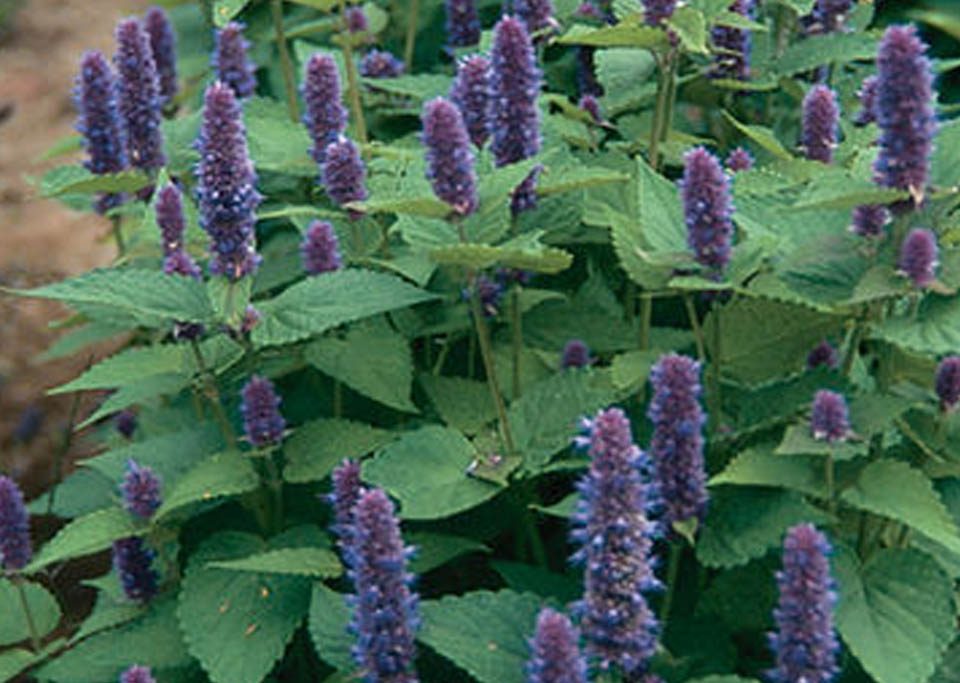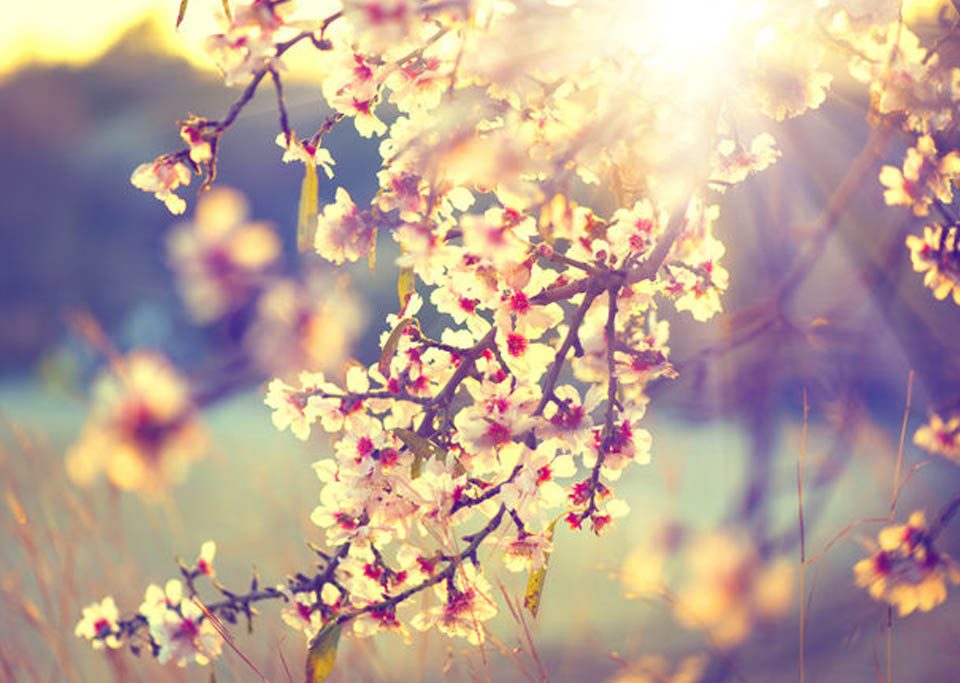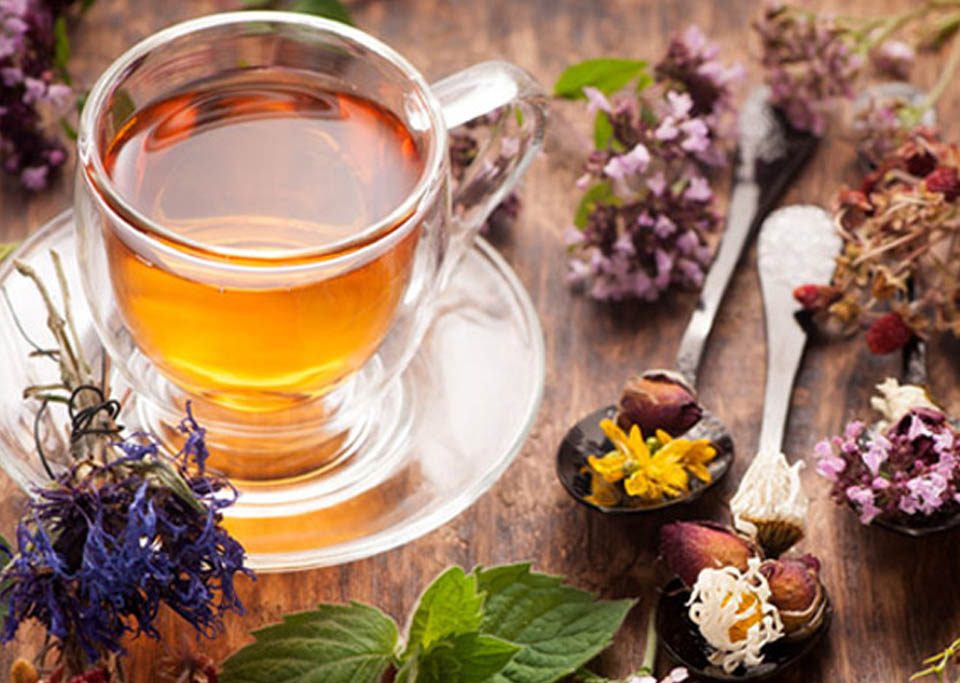Welcome to Herbal Arts Apothecary

The Journey Begins
December 30, 2017I’ve been interested in history since I was a child. Proof of this can be found in a book I have carried with me everywhere I’ve moved for 36 years, “Home Life in Colonial Days,” by Alice Morse Earle. It sits on my bookshelf as I write this post.
Not only was I interested in the ‘big” stuff of history- the battles, transitions of power, epoch trends, but also the “small” stuff- as “Home Life in Colonial Days” illustrates. What did our ancestors eat and drink, and how did they create it? How did they work land, and procure what they needed? What skill sets were required to make a go of it, and what were the handcrafts of particular times? These “simple” things fascinated me as much as the seemingly complicated. I believe that the skills of hearth and home, while largely underappreciated and devalued in modern times, are what sustained our ancestors and enabled societies to flourish.
Looking back to my childhood, I know now that my appreciation for the work of the hands came from my families of origin. My paternal grandmother grew up on a farm in rural Virginia in the early 1900’s. I was riveted by her stories of non-mechanized farm life (many pertaining to food, and the consumption of dark, leafy greens, specifically). My grandmother spent a lot of time in the kitchen, making food from scratch. Far from being oppressive, these pursuits nurtured her creative spirit, gave her a sense of pride and satisfaction, and were an expression of love, familial history, and intergenerational continuity. I wasn’t really supposed to like, or be drawn to this stuff (my generation was largely taught that domesticity was old-fashioned and repressive), but I was drawn like a moth to a flame. I simply loved the kitchen, cooking, and creating, and I too felt a strong link to the past there.
My maternal grandmother was also often in the kitchen, and we would bake fabulous French baguettes and make Italian specialties from scratch (in accordance with her 50% Sicilian heritage). My grandmother also sewed beautifully and with great skill (my one regret is never learning, preferring my “name brand” attire to homemade).
These women shaped me as I helped them, learned from them, and listened to their stories from the past. My cooking and kitchen roots, coupled with my interest in the history of everyday people, my love of the outdoors, and my burgeoning interest in holistic health, led me to the world of herbs in my early 20’s. Concocting in the kitchen using herbs became a way to indulge all of my passions simultaneously, and I still feel that, some 20 years later. I am connecting with an older, saner wisdom when I am in the realm of plants (and food). It grounds me, centers me, and makes me feel balanced in a world that values neither “old” wisdom, nor tradition, nor the fruits of domestic labor. I use herbalism as a tool to link me to the past, and my psyche needs this.
Herbalism is also my practical tool for helping people to reconnect to the natural world, and for empowering people to take back some responsibility for their own health and well-being, in an age where this is a foreign concept for many.
So now I must welcome you to Herbal Arts Apothecary, the fruit of 20+ years of hard work, study, and diligence. I hope you will find a place of peace, knowledge, and solace here. I am committed to sharing what I have learned over the past decades, as well as what I continue to learn. I am passionate about plants, and about making herbalism easy and accessible to all. The simple acts of working with one’s own hands, preparing herbal remedies and healing foods, is something our ancestors took for granted. It is our birthright, and I am committed to reviving, and sustaining, these lost arts.
